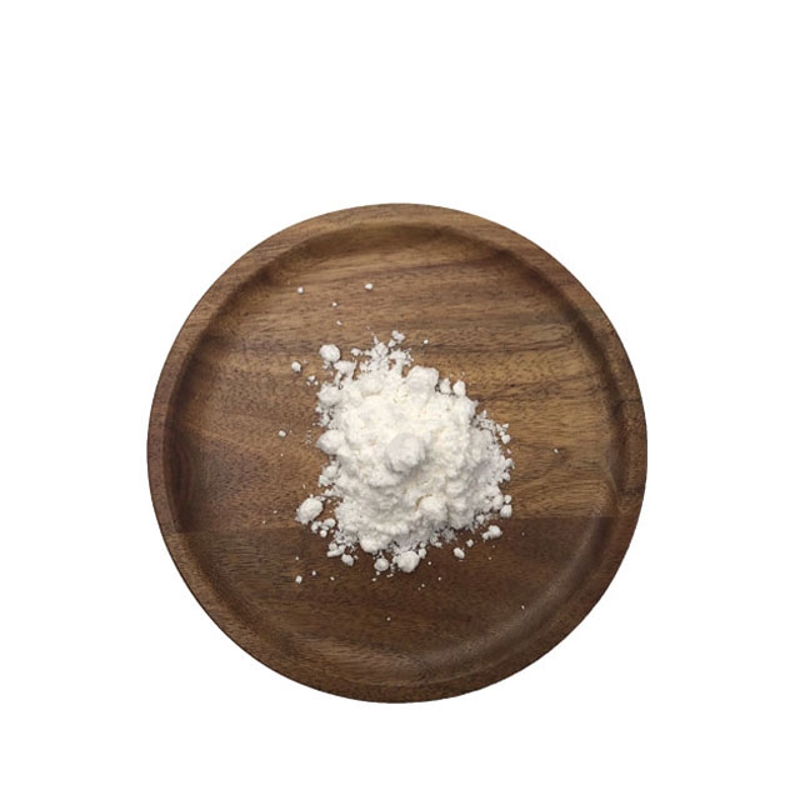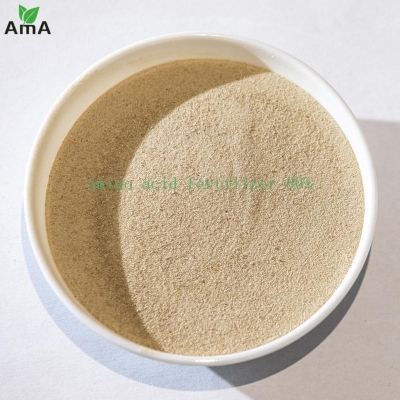Studies have shown that women with lower LDL-C and triglyceride levels are more likely to have hemorrhagic stroke
-
Last Update: 2019-04-19
-
Source: Internet
-
Author: User
Search more information of high quality chemicals, good prices and reliable suppliers, visit
www.echemi.com
Women with lower LDL-C and triglyceride levels are more than twice as likely to have hemorrhagic stroke, according to a new study published online April 4 in the journal Neurology This study is a prospective cohort study involving 28000 women who participated in the women's health study (http:// for about 20 years After adjusting for other confounding factors, women with low LDL-C levels (< 70 mg / dl) were more than twice as likely to have stroke as women with high LDL-C levels (100-130 mg / dl) Similarly, after adjusting for multivariate factors, women with low triglyceride levels had a significantly higher risk of hemorrhagic stroke than women with high triglyceride levels The study also found that high LDL-C and low HDL-C levels were associated with an increased risk of ischemic stroke or myocardial infarction Previous studies have also suggested a possible link between low LDL-C levels and an increased risk of hemorrhagic stroke Professor Pamela rist (one of the researchers) said that doctors generally believe that women with low LDL-C levels have a lower risk of heart disease and stroke, but may increase the risk of hemorrhagic stroke In view of the incidence rate and mortality of hemorrhagic stroke, other risk factors such as hypertension and smoking must be monitored to reduce the risk of hemorrhagic stroke Of the 28345 fasting blood samples collected, 27937 LDL-C, high-density lipoprotein (HDL-C), total cholesterol and triglyceride levels were analyzed in the final analysis (http:// The researchers adjusted for covariates, including age, smoking, menopausal status, postmenopausal hormone (PMH) status, body mass index, drinking, history of diabetes and hypertension, physical activity, and treatment with cholesterol lowering drugs (http://
This article is an English version of an article which is originally in the Chinese language on echemi.com and is provided for information purposes only.
This website makes no representation or warranty of any kind, either expressed or implied, as to the accuracy, completeness ownership or reliability of
the article or any translations thereof. If you have any concerns or complaints relating to the article, please send an email, providing a detailed
description of the concern or complaint, to
service@echemi.com. A staff member will contact you within 5 working days. Once verified, infringing content
will be removed immediately.







